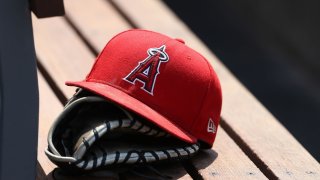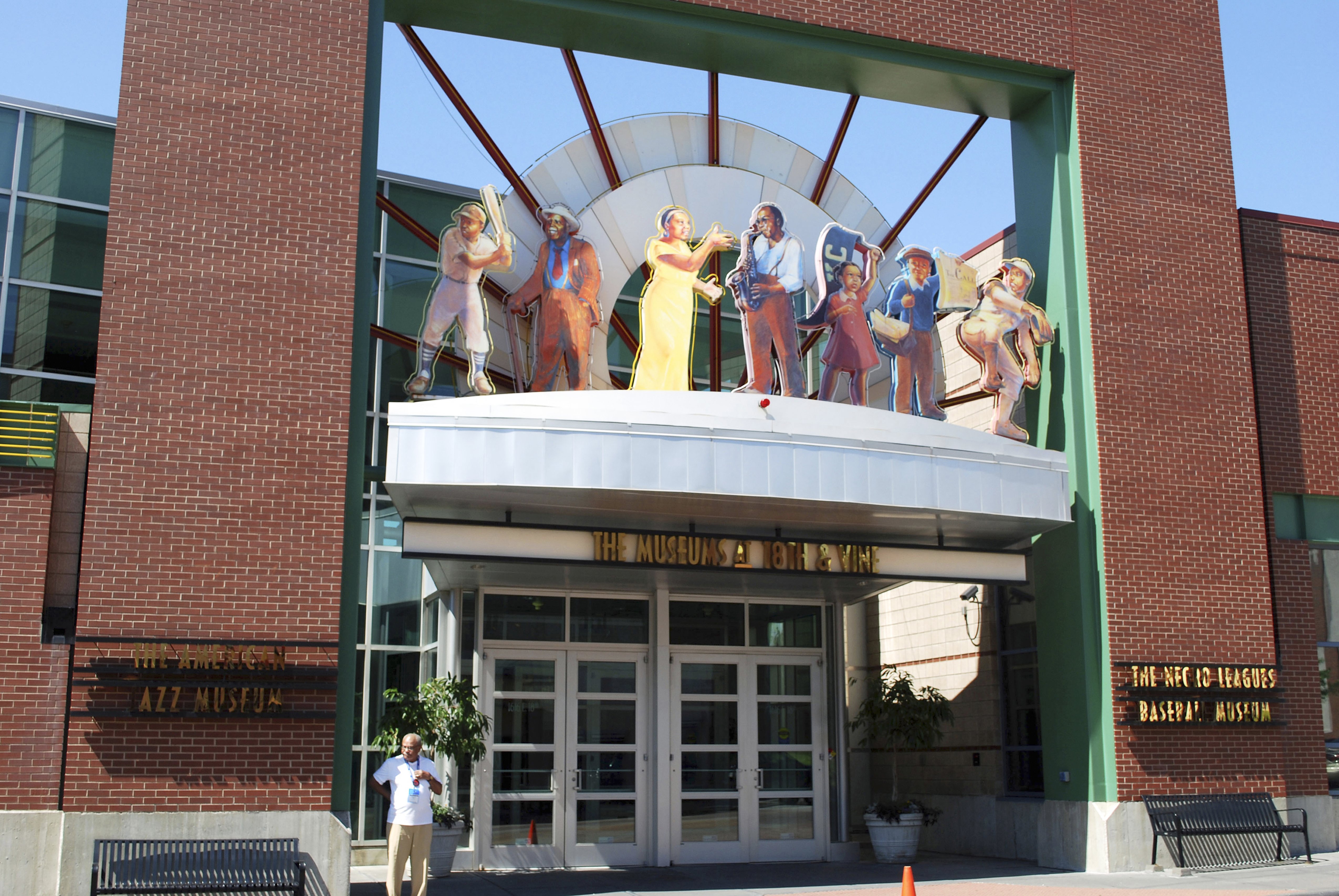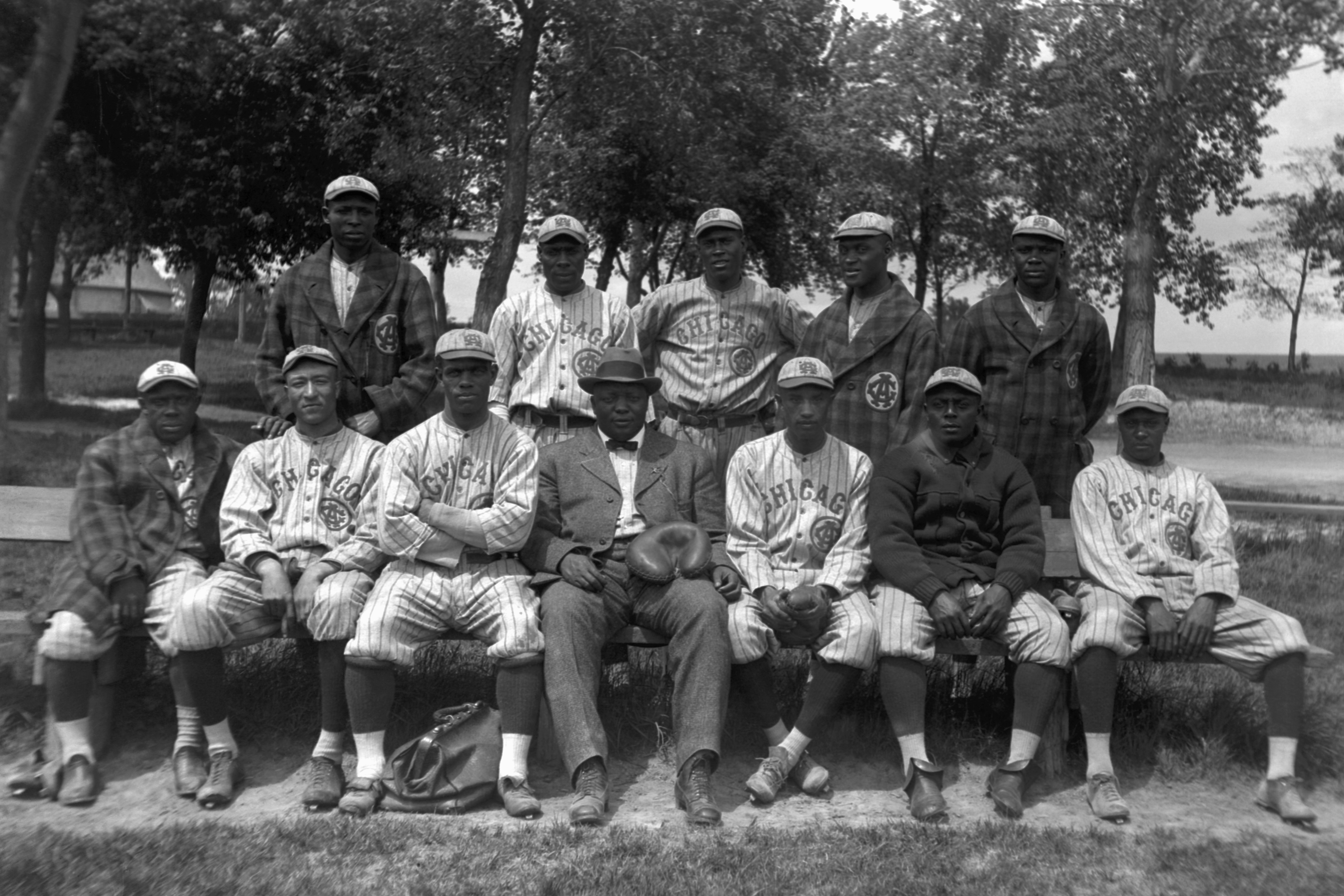
Cutouts of six legendary figures from baseball's Negro Leagues will be in the stands behind the Los Angeles Angels dugout Sunday as part of Major League Baseball's celebration of the NLB's centennial.
A Negro Leagues tribute video will be played on Angel Stadium's scoreboards before the interleague game against the Los Angeles Dodgers.
The cutouts are of Cool Papa Bell, Oscar Charleston, Rube Foster, Biz Mackey, Bullet Rogan and Martin Dihigo. All are members of the Baseball Hall of Fame.
All MLB players, managers, coaches and umpires will wear a symbolic Negro League 100th anniversary logo patch during today's games. The logo also will be featured on base jewels and lineup cards.
The Dodgers celebrated the centennial Thursday with a virtual forum featuring manager Dave Roberts and former Dodger and current broadcaster Jerry Hairston Jr., whose grandfather played in the Negro League.
MLB has added a page to its website on the history of the Negro League and its players, MLB.com/negroleagues. It includes player and team profiles, historic photos of Negro League players, and videos featuring interviews by Negro League Baseball Museum President Bob Kendrick.
Foster formed the Chicago American Giants in 1911 who would have great success on the field and financially. However, he was frustrated by how fellow owners and players were being treated by white booking agents.
In 1919, he began writing a series of columns in the Chicago Defender newspaper where he advocated the need for a Black professional baseball league that would “create a profession that would equal the earning capacity of any other profession ... keep Colored baseball from the control of whites (and) do something concrete for the loyalty of the Race.''
Foster and his fellow owners created the Negro National League on Feb. 13, 1920, giving opportunities to Black players who were barred from MLB as players, but also as managers, executives and umpires.



